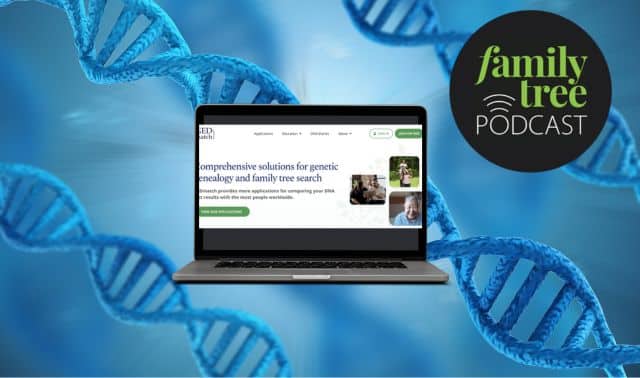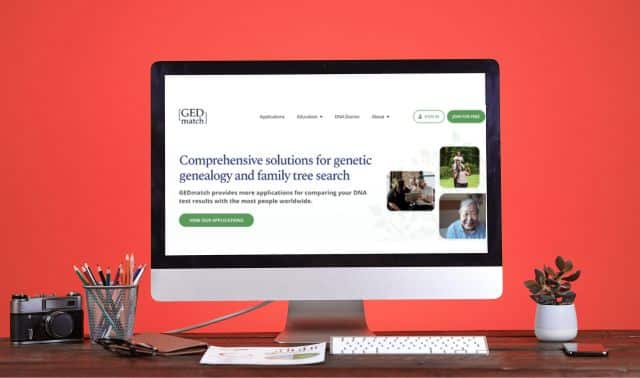Sign up for the Family Tree Newsletter Plus, you’ll receive our 10 Essential Genealogy Research Forms PDF as a special thank you!
Get Your Free Genealogy Forms
"*" indicates required fields
Roman Catholic records are some of the most reliably available denominational records in the United States. Family Tree Magazine chatted with Ann McRoden Mensch, a professional genealogist and editor of the Local Catholic Church and Family History Genealogical Research Guide.
FTM: What life events are marked in the Catholic faith?
AMM: The major events are baptism, first communion, confirmation and marriage. Funerals and burials also may be recorded.
FTM: What genealogical information may be in these records?
AMM: It depends. Baptism and marriage records are the most useful. A baptismal record often says dates of birth and baptism, parents’ names, and sponsors or godparents. In marriage records, you may find names and baptismal places of bride and groom, their parents’ names, marriage date and officiant. Funeral or interment records often list burial date, officiant, parents’ names (for children) and burial place.
FTM: Who kept these records?
AMM: Every parish would keep its own records, but many early churches didn’t have a priest-in-residence. Their record books might be kept locally or travel with the visiting priest.
FTM: Where can we find old parish records now?
AMM: Most parish offices still keep their own records. If the church closed and the area was no longer served, the records probably went to the diocesan [regional] archives. In a bigger city, when a parish closed, the people might go to a neighboring church, and the record books may go with them.
FTM: Should you start with the parish or the diocesan archive?
AMM: A local church. Chances are it is there. Even if the local church isn’t there, that priest or the secretary may know about earlier churches and where their records are.
FTM: Are diocesan archives useful and open to genealogists?
AMM: It depends. Diocesan archives can be particularly helpful when you’re trying to locate records for a closed parish. Read the archives’ website, if there is one. It will tell whether you can visit, if records are microfilmed, whether they accept research requests and if there’s a charge.
FTM: Any tips on requesting information from parish offices or diocesan archives?
ADVERTISEMENT




